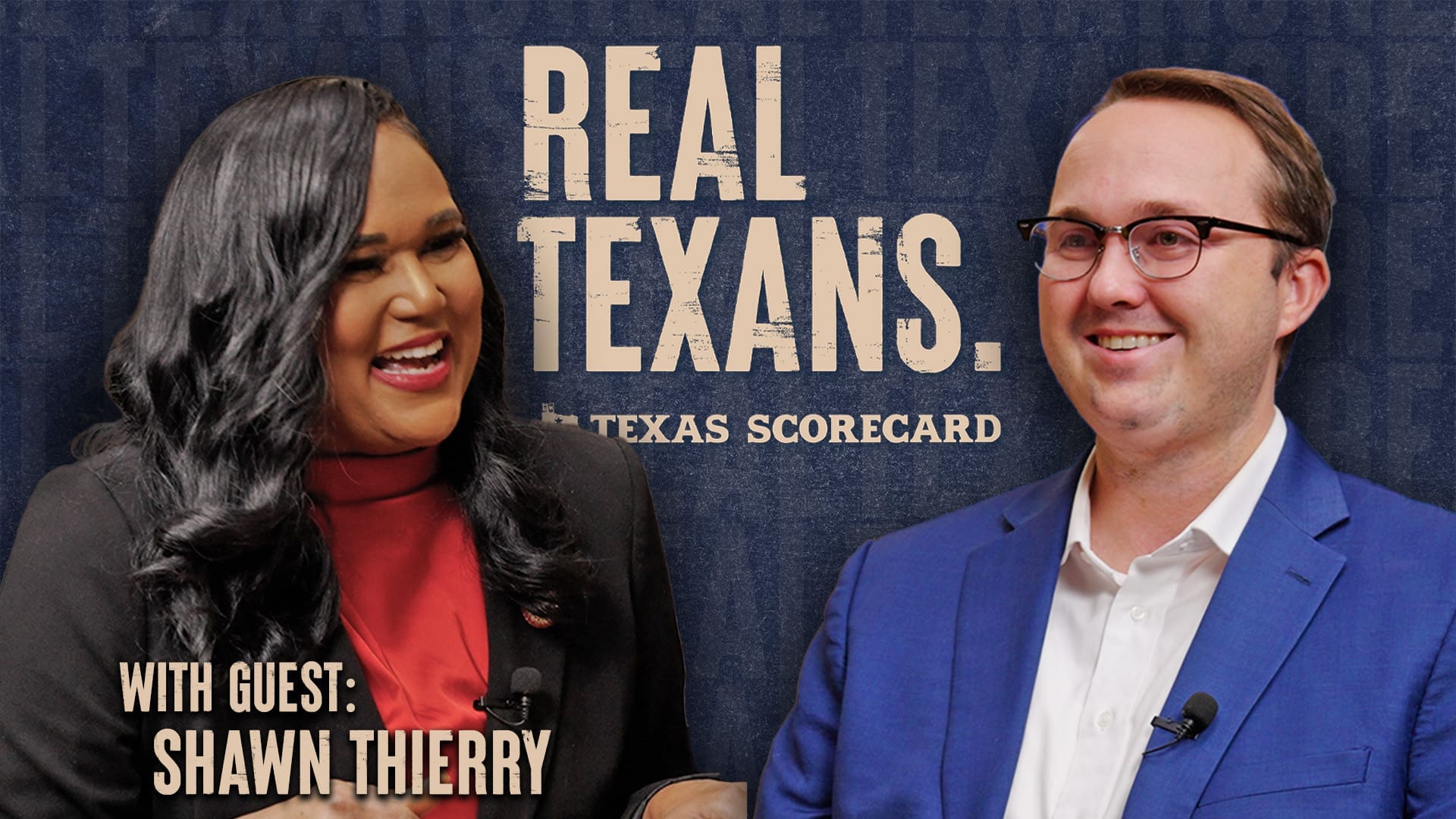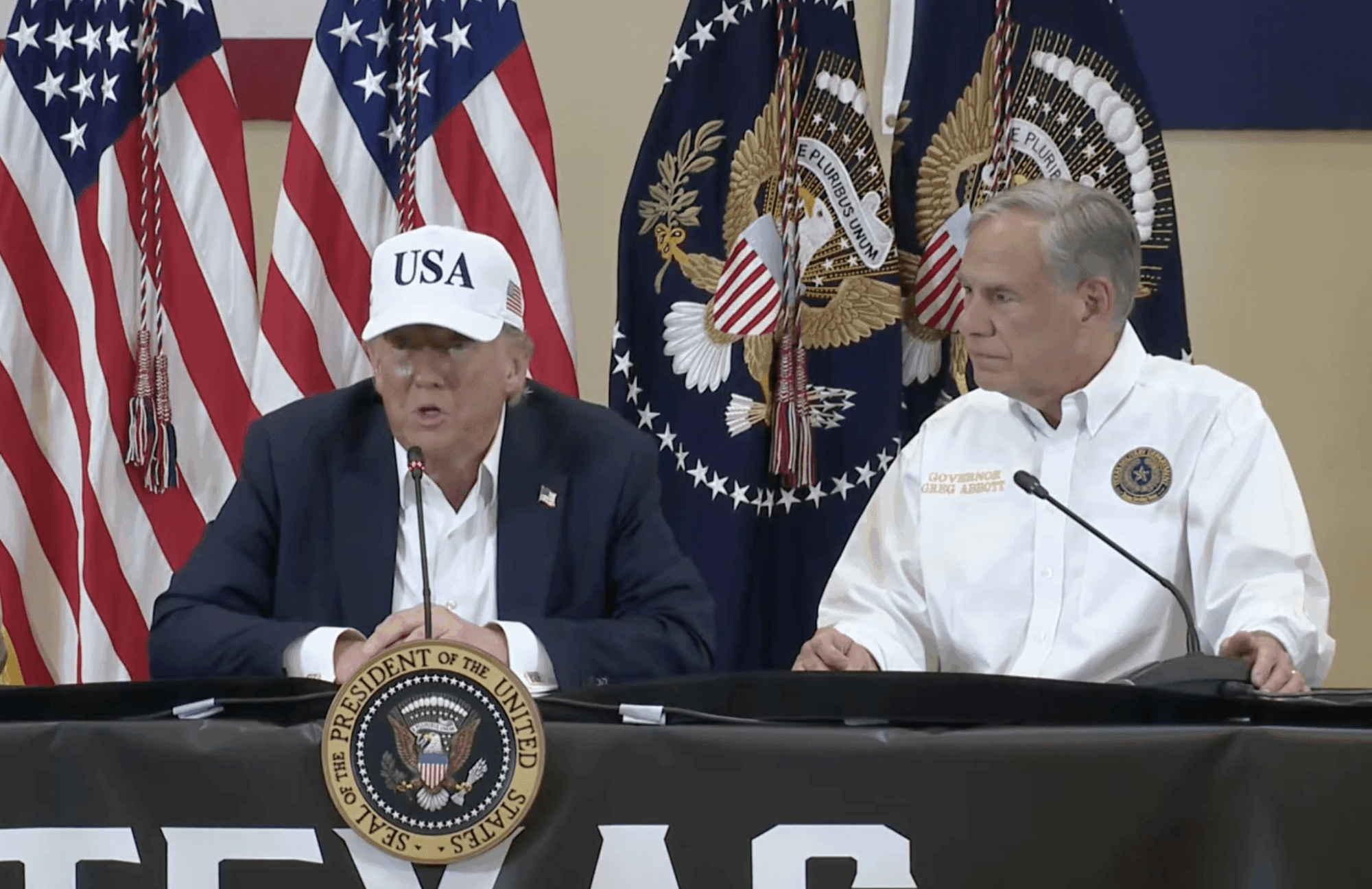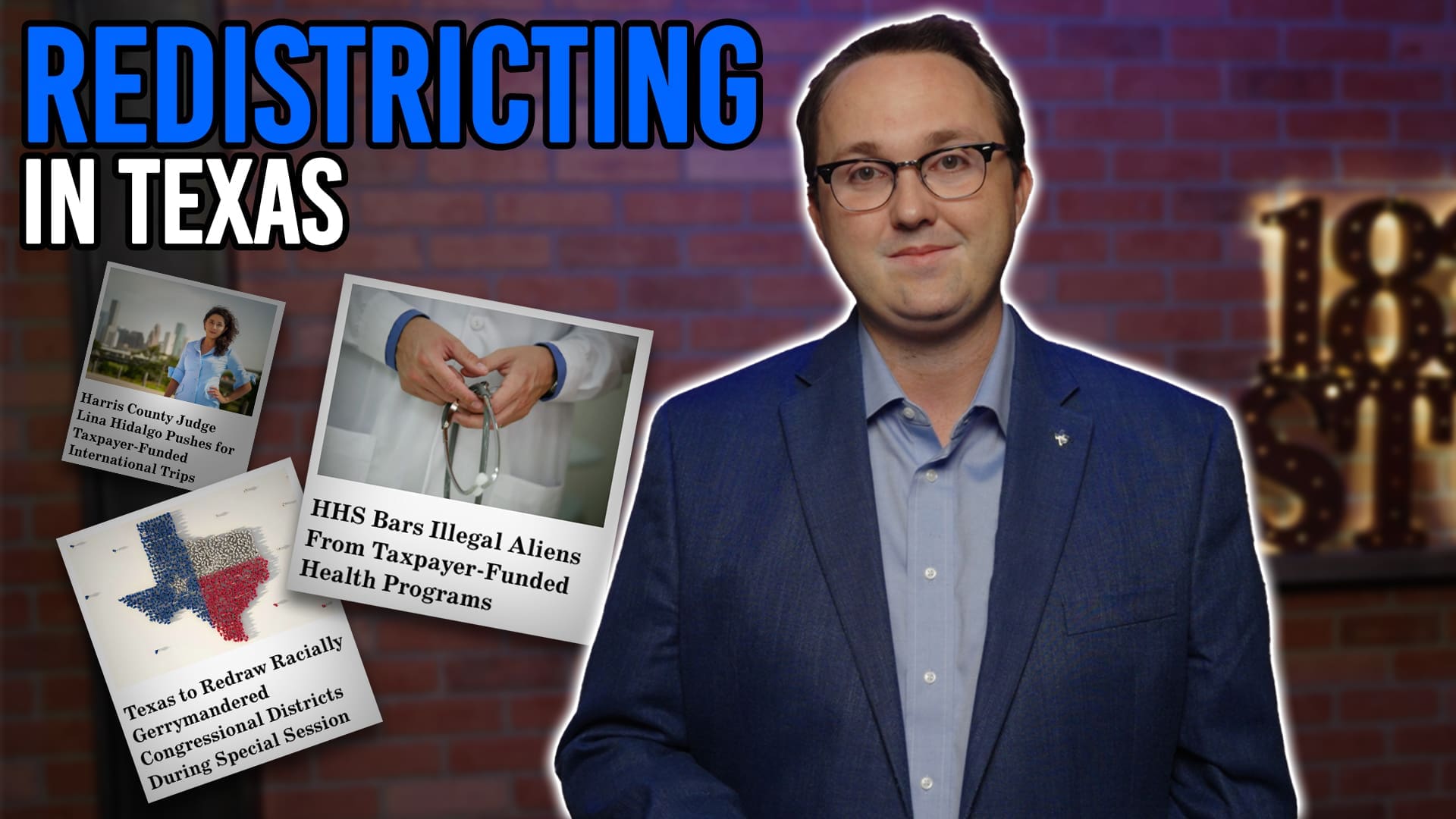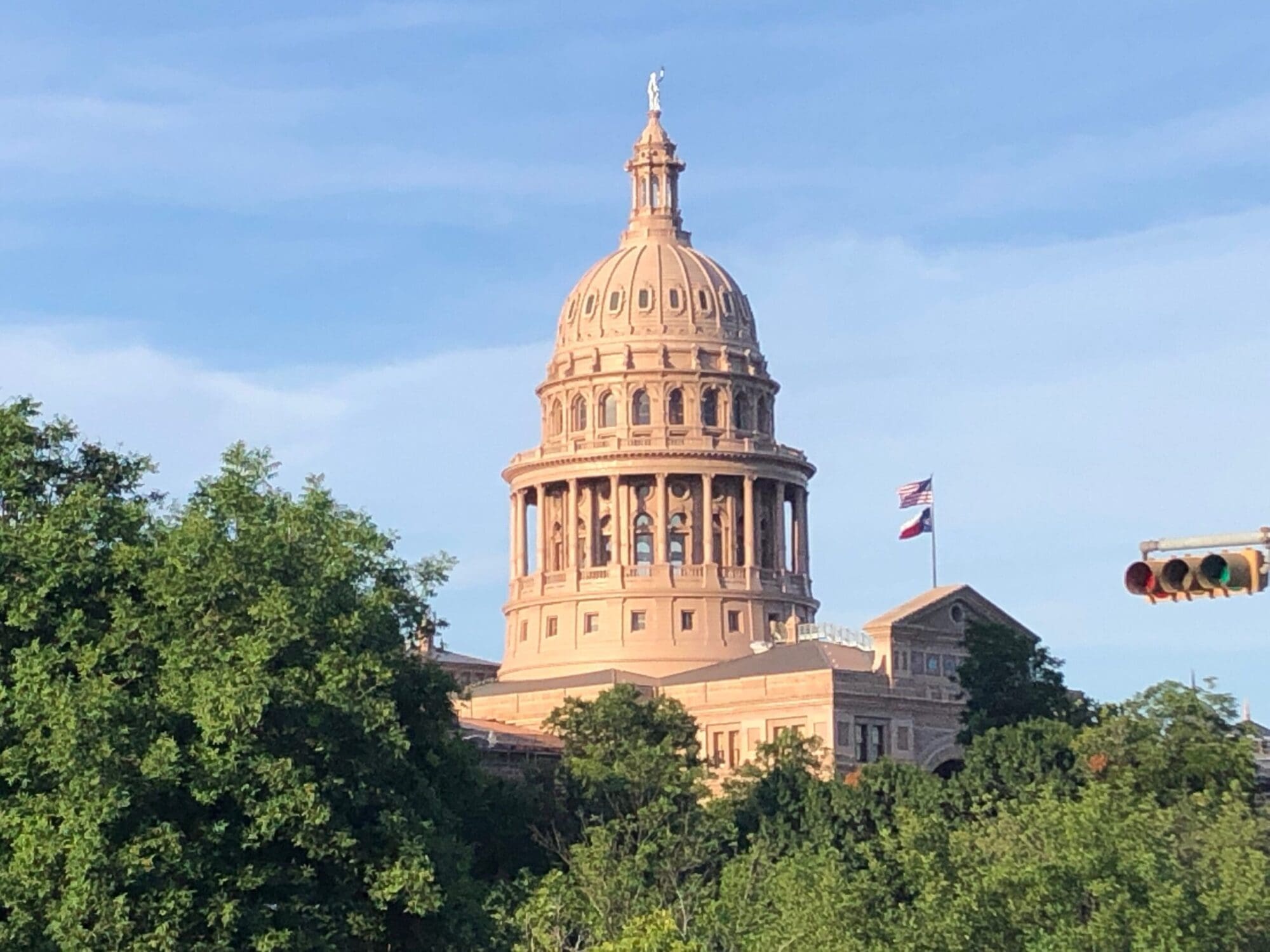Thousands of questionable Harris County voter registration records are getting a much needed review, after local citizens took the initiative to identify voters who registered at addresses where they don’t reside. County election officials must now verify the voters’ residences and determine where, or if, they should be voting within the jurisdiction.
Alan Vera, Chairman of the Harris County Republican Party’s Ballot Security Committee, challenged the registrations of nearly 4,000 voters in Harris County who are registered to vote at street addresses corresponding to post office box locations.
Vera delivered the challenges to Harris County Voter Registrar Ann Harris Bennett on Monday, and since the challenges are based on voters’ residency, state law requires Bennett to take immediate action.
Vera explains that Section 16 of the Texas Election Code allows any registered voter in any Texas county to challenge the registration of another voter in the same county. Though some challenges are complex and require formal hearings, some are simpler. The simplest is based on residency.
You can challenge a voter’s registration if you know the voter doesn’t reside at the address listed on his/her voter registration application, Vera says. Listing a P.O. Box as your voter registration residential address triggers suspicion that this may not be where you actually live.
Section 1.015 of the Texas Election Code defines “residence” for voter registration in a manner that virtually requires a street address and implies a post office box is not an acceptable residential address. To sneak around that requirement, many voters have listed the street address of the building housing their postal box as the “residence address” for their voter registration application.
Under the Texas Public Information Act, Vera and his committee gathered records of voters whose registration street addresses matched the known street addresses of U.S. post offices, UPS stores, Mailboxes Etc., and other providers of postal box services.
Vera, a long-time election integrity advocate who regularly testifies in the state legislature on behalf of election code reforms, told Texas Scorecard that other citizens who care about clean voter rolls can do what his team did:
“Many people complain about election fraud, but few get off their assets to do something about it. Any registered voter in any Texas county can do what we just did. You just have to make the decision that it’s an important use of your time.”
According to the Texas Secretary of State Elections Division, because these registration challenges were based on residency, the following must now take place:
Sec. 16.0921. CONFIRMATION NOTICE ON CHALLENGE BASED ON RESIDENCE. (a) Except as provided by Subsection (c), on the filing of a sworn statement under Section 16.092 alleging a ground based on residence, the registrar shall promptly deliver to the voter whose registration is challenged a confirmation notice in accordance with Section 15.051.
(b) If the voter fails to submit a response to the registrar in accordance with Section 15.053, the registrar shall enter the voter’s name on the suspense list.
Will Harris County’s voter registrar comply with the requirements of the Texas Election Code? Bennett is already being sued in federal court by the Public Interest Legal Foundation over her refusal to provide data related to non-citizens registered to vote in Harris County.
Bennett’s fellow Democrat, County Attorney Vince Ryan, claims state law allows the county to hide public records requested under federal transparency provisions of the National Voter Registration Act. The Texas Attorney General’s office says Ryan is wrong and Bennett should disclose the information.
Texas Scorecard will monitor whether Bennett follows the law in handling both federal information requests and local citizens’ voter registration challenges.





